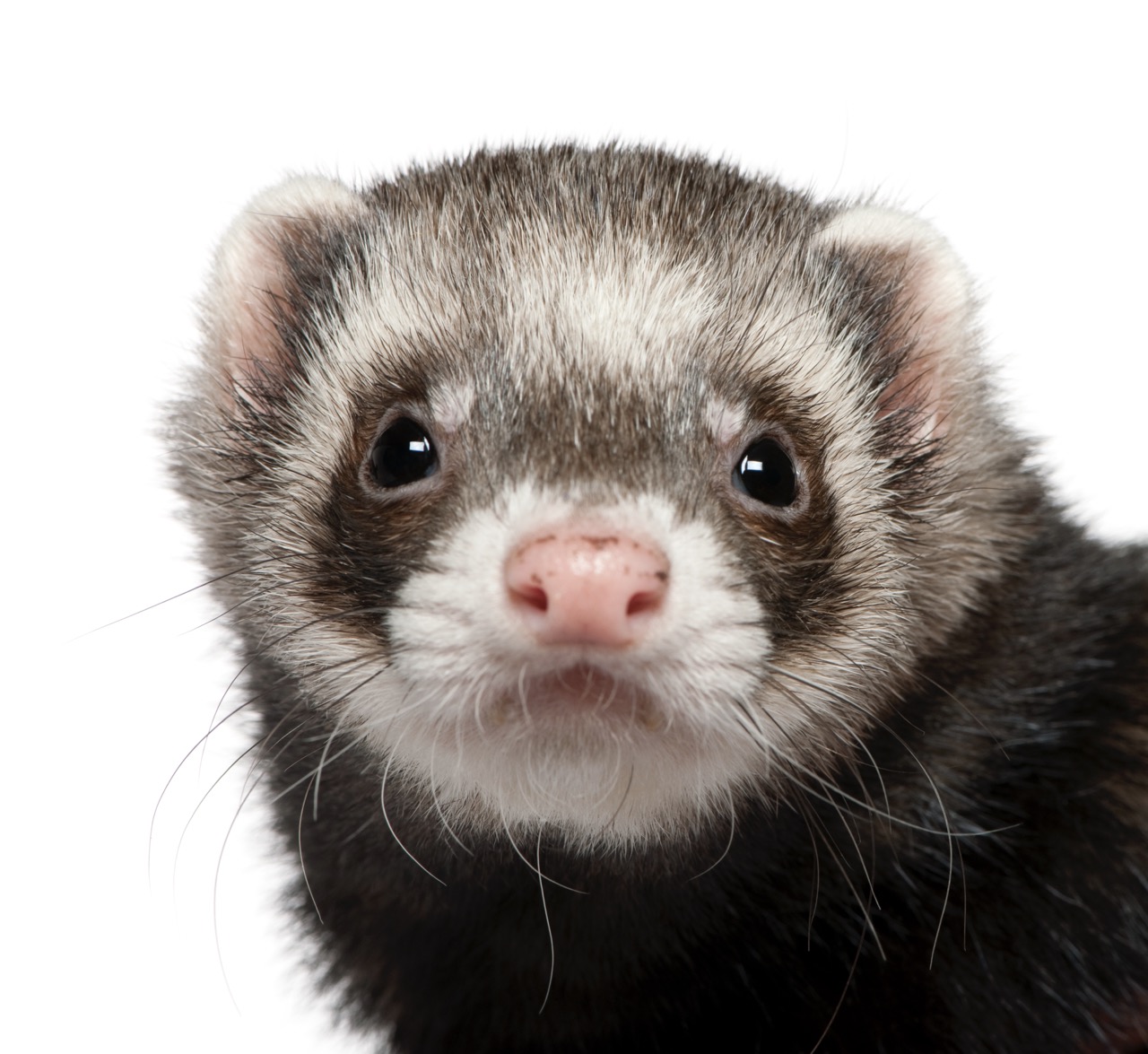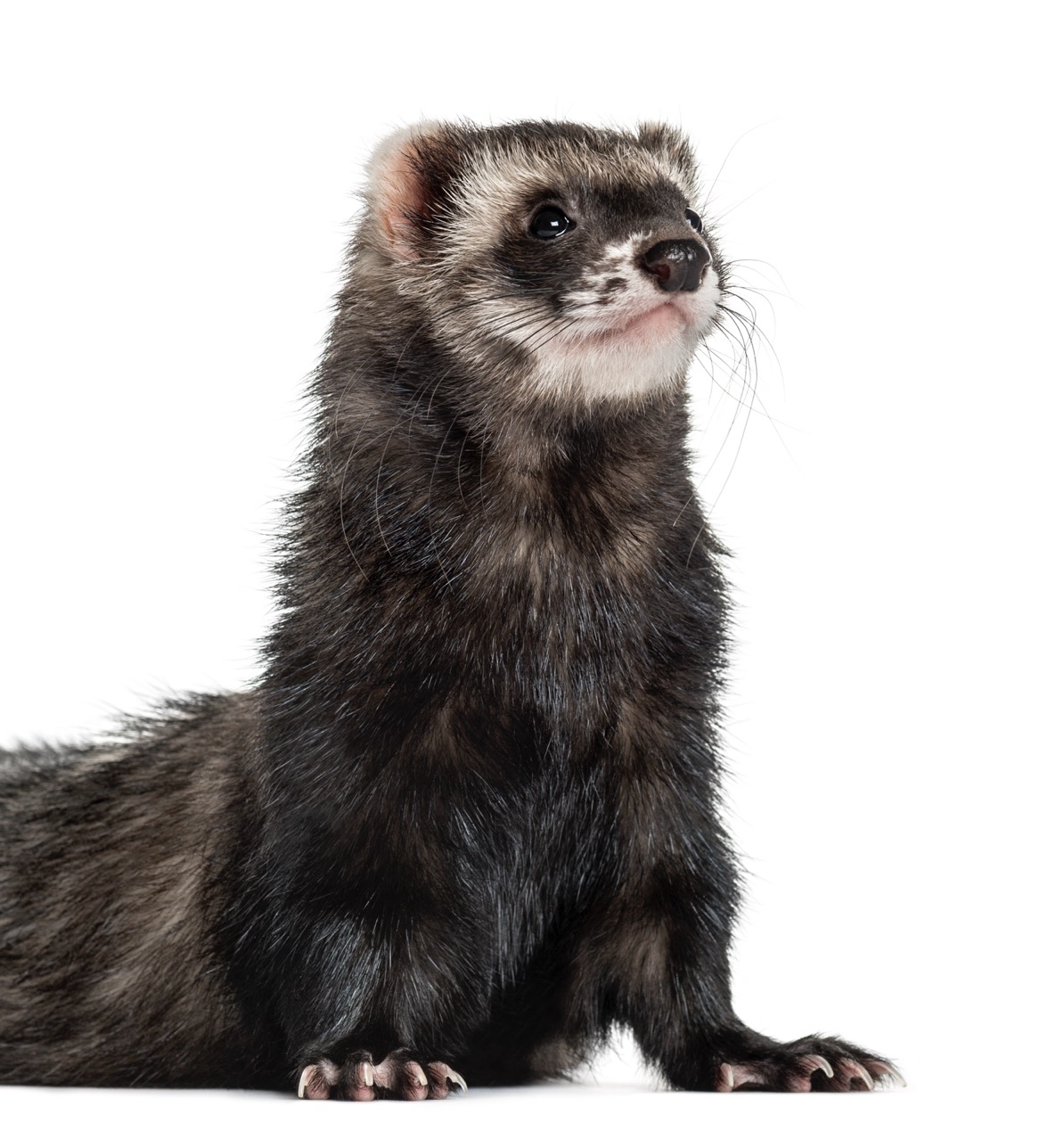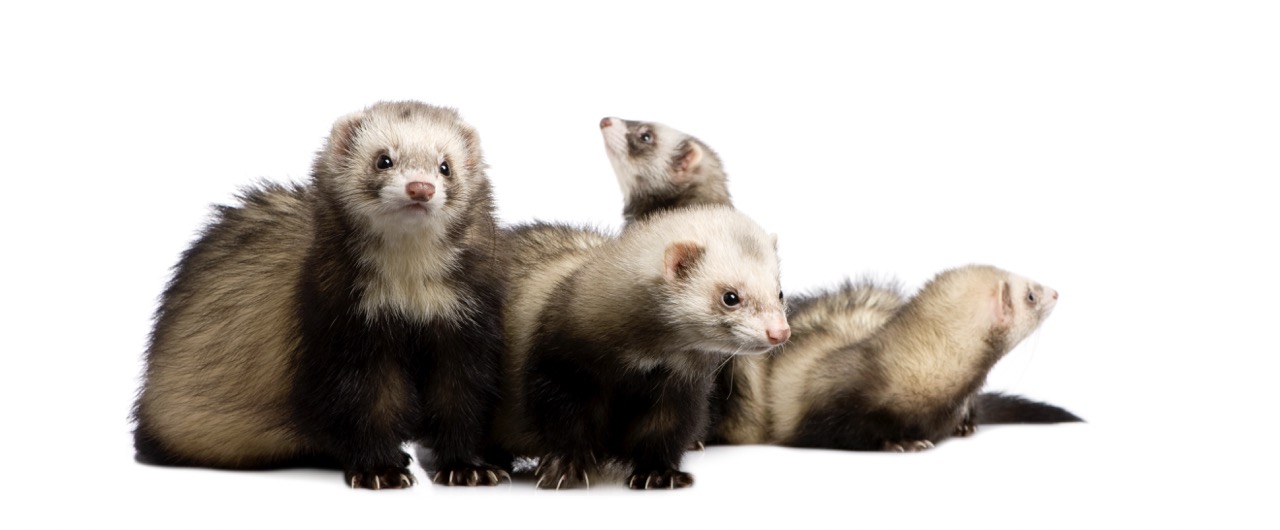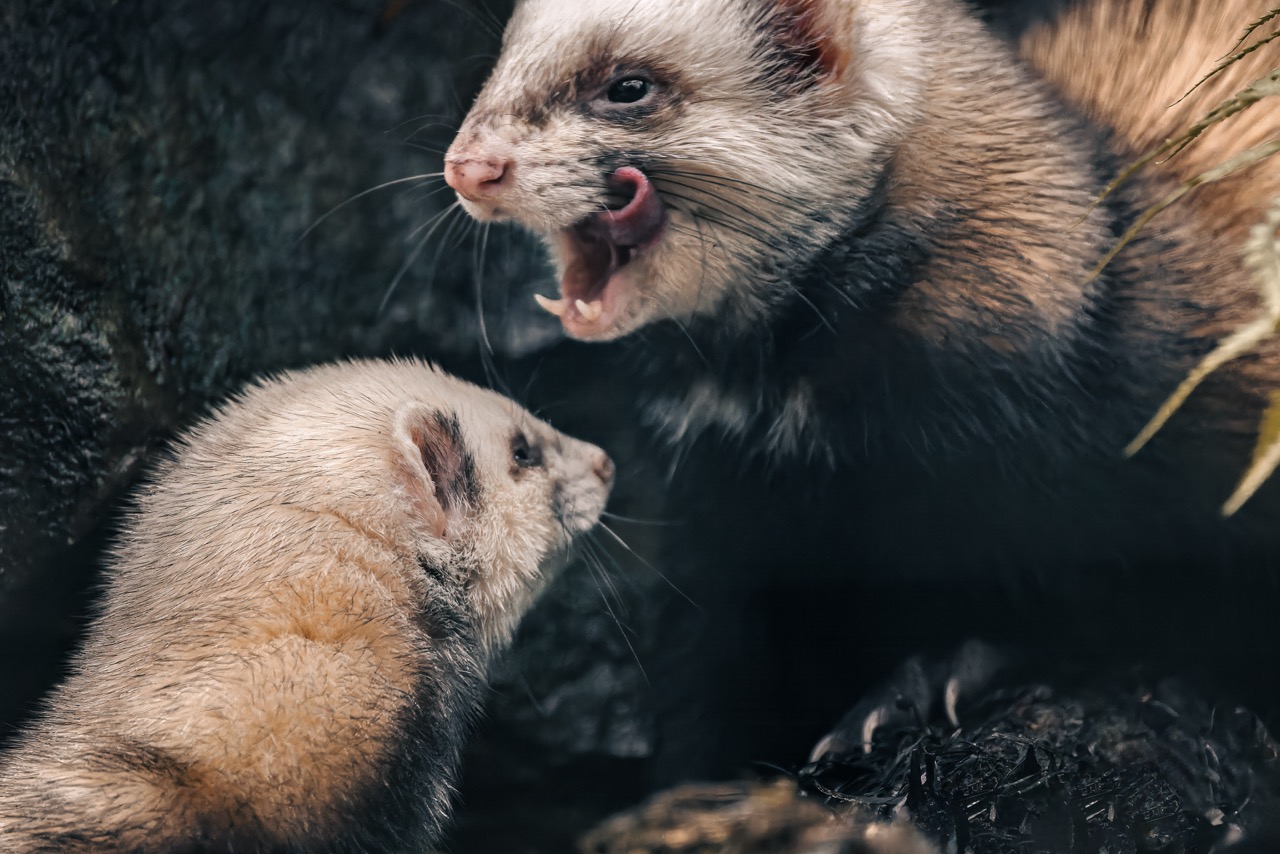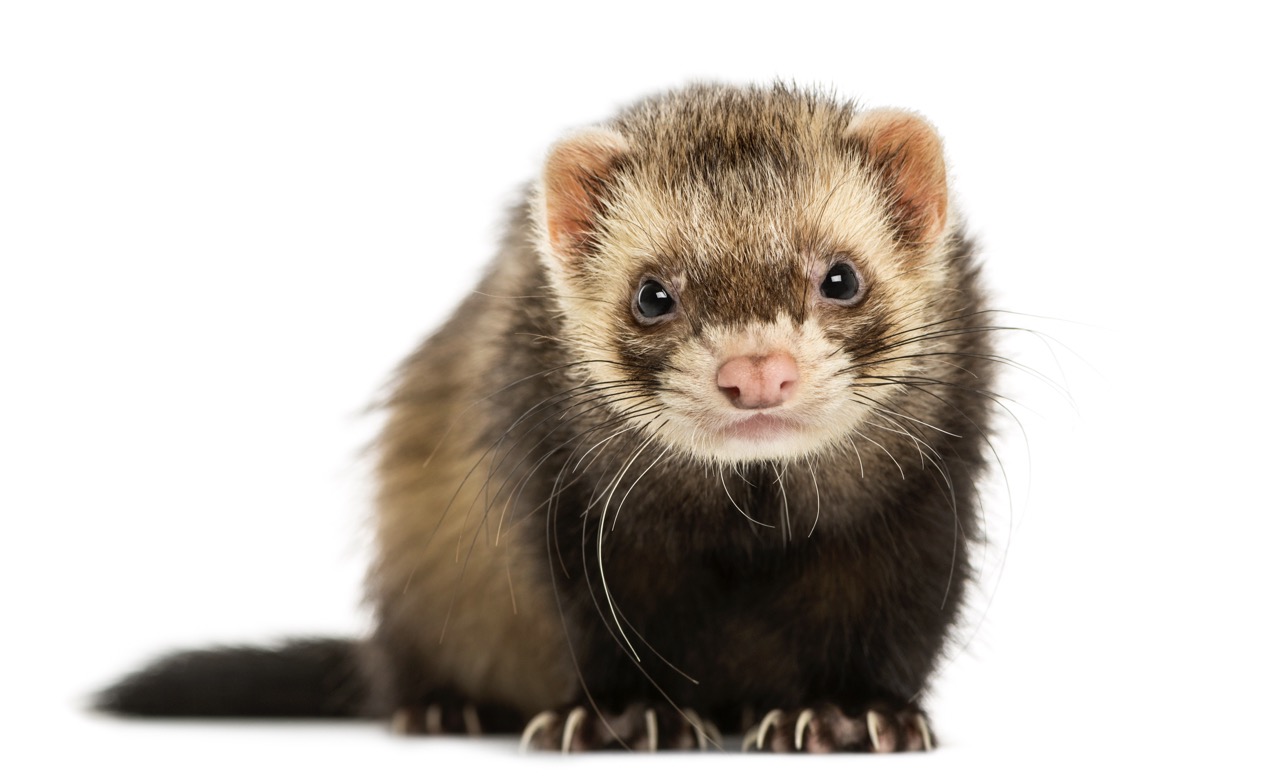Ferrets, known for their playful and energetic nature, require a balanced diet and proper care to thrive. One critical aspect of their well-being that often goes overlooked is hydration. Understanding the hydration needs of ferrets is essential in maintaining their overall health and preventing complications that can arise from dehydration. Just like any other pet, ferrets rely on a consistent intake of fluids to support vital physiological functions. This article will delve into the importance of ferret hydration, signs of dehydration, best practices for maintaining fluid balance, and effective hydration solutions.
Understanding Ferret Hydration Needs for Optimal Health
Ferrets have unique hydration requirements that differ from those of other common pets. Being obligate carnivores, their diet typically consists of meat-based foods which have a higher moisture content. This intrinsic need for moisture is vital, as it aids in digestion, nutrient absorption, and overall energy levels. Additionally, ferrets have a relatively high metabolic rate, which means they also lose water more quickly than some other animals. Therefore, their hydration needs should be closely monitored to ensure they stay healthy and active.
The amount of water a ferret requires can vary based on several factors, including age, activity level, and environmental conditions. Ferrets, especially those who are more active or live in warmer climates, may need increased water intake to compensate for fluid loss through respiration and urination. As a general guideline, ferrets should have constant access to fresh, clean water, and it is crucial to encourage them to drink regularly to avoid any risk of dehydration.
Understanding these hydration needs extends beyond merely providing water; it also involves recognizing how diet and lifestyle can impact fluid balance. A diet rich in high-quality protein and fat, complemented by appropriate hydration, helps support kidney function and prevents issues associated with dehydration. It is vital for ferret owners to be informed about these specific requirements to promote optimal health and longevity in their pets.
Signs of Dehydration: Recognizing the Warning Symptoms
Dehydration in ferrets can lead to serious health issues if not addressed promptly. Recognizing the warning signs is crucial for any pet owner. Common symptoms of dehydration include lethargy, dry mucous membranes, and sunken eyes. These signs often manifest when a ferret is not receiving adequate hydration, indicating that immediate action may be necessary to restore fluid balance. Observant owners should regularly check for these symptoms, especially during periods of heat or increased physical activity.
Another significant indicator of dehydration is changes in appetite and behavior. A ferret that is dehydrated may show a decrease in energy levels, become less playful, or even refuse food. Additionally, ferrets who are dehydrated may experience problems with grooming, leading to a dull and unkempt coat. Keeping a close eye on their behavior can help identify early signs of dehydration, allowing for timely intervention to restore hydration levels.
Lastly, a simple yet effective way to check for dehydration in ferrets is by performing the skin tent test. Gently pinch the skin at the back of the neck and release it. In a well-hydrated ferret, the skin should quickly return to its original position. If the skin stays tented for a few seconds, this may indicate dehydration. Recognizing these symptoms early can be crucial in preventing more severe health issues related to fluid imbalance.
Best Practices for Maintaining Fluid Balance in Ferrets
Maintaining proper fluid balance in ferrets can be achieved through several practical measures. One of the most effective ways to ensure adequate hydration is to provide a reliable source of clean water at all times. It is essential to regularly replace the water in their bowls and ensure that they are free from contaminants. Many ferret owners find that using a water bottle with a sipper tube can help prevent spills and keep the water fresh, although some ferrets may prefer to drink from a bowl.
Incorporating a diet that includes moisture-rich foods can also aid in hydration. While a high-quality commercial ferret food is typically the mainstay of their diet, offering occasional treats of wet or high-moisture foods can supplement their fluid intake. However, it is essential to choose treats that are appropriate for ferrets, as not all human food is safe for them. Ensuring that the diet is balanced and contains sufficient moisture can significantly contribute to their overall hydration.
Regular veterinary check-ups can also play a crucial role in maintaining fluid balance. Routine health assessments can help identify underlying health issues that may affect hydration, such as kidney disease or urinary tract problems. Furthermore, veterinarians can provide tailored advice on diet and hydration strategies specific to a ferret’s individual needs. By adopting these best practices, ferret owners can proactively manage their pets’ hydration and overall health.
Hydration Solutions: Tips for Ensuring Your Ferret Stays Hydrated
To ensure that your ferret stays hydrated, it is beneficial to establish a routine that encourages them to drink more water. One effective approach is to experiment with different types of water bowls and bottles. Some ferrets may prefer a shallow dish, while others may gravitate towards a water bottle. Observing your ferret’s preferences can help you decide on the best hydration solution for them.
In addition, adding flavor to the water can entice ferrets to drink more. Some owners have had success with adding a small amount of low-sodium chicken broth or pureed fruits to their water. However, caution should be exercised to avoid ingredients that can be harmful to ferrets. Always check with your veterinarian before introducing any new substances to ensure they are safe and beneficial.
Another innovative solution is to incorporate hydration into playtime. Providing access to a small shallow container of water for supervised splashing and play can encourage drinking. Additionally, making use of ice cubes or wetting toys can create a fun environment for your ferret while promoting hydration. These creative hydration solutions can significantly contribute to your ferret’s overall fluid intake, aiding in their health and vitality.
In conclusion, hydration is a fundamental aspect of ferret care that should not be overlooked. Understanding the unique hydration needs of ferrets, recognizing the signs of dehydration, and implementing best practices for fluid balance is essential for maintaining their health. By adopting effective hydration solutions and ensuring constant access to fresh water, ferret owners can help their pets lead healthy, hydrated lives. With proper attention and care, we can ensure that our playful companions enjoy longevity and vitality as they thrive in our homes.






